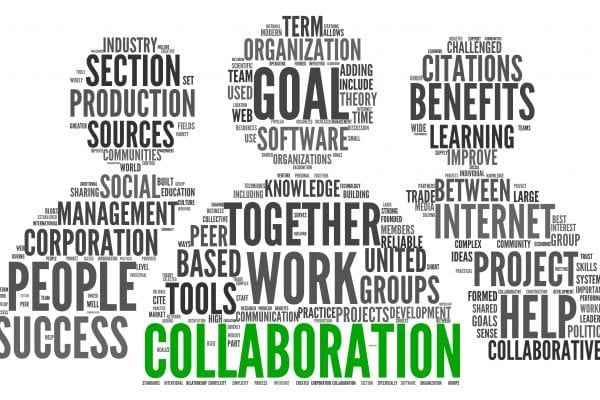Create Your Collaboration Strategy and Business Case
Now that you have decided to develop collaborative business relationships as part of delivering your business objectives you need to move on to Stage 2 of ISO 44001 (BS 11000) – Knowledge.
Knowledge focuses on collating data, information and knowledge that will help you to develop your strategy, business case and approach for specific collaborative opportunities that have been identified.
This stage has 8 key steps and covers several areas including:
- competencies
- training
- risk
- knowledge management
- value analysis
- exit strategy conditions

The 8 steps to complete Stage 2 knowledge
Here are the 8 steps you need to complete when developing your strategy and approach for identified collaboration opportunities. You might even consider not moving ahead with this specific opportunity based on the business case.
1 Developing a specific strategy: For every new opportunity you need to develop a specific strategy. Depending on how big and complex the opportunity is will determine how much and what you need to include with regards to identifying the objectives and key drivers.
2 Competence and training: As mentioned previously, people will be key to the success of your collaboration opportunity and making sure you pick people with the correct skills to support a collaborative approach will be very improtant. It is a good idea to review your existing competency model and ensure that it addresses the needs for collaborative working.
3 Knowledge capture, creation and management: You need to have a policy and appropriate governance with regards to knowledge that can and cannot be shared. This includes the appropriate identification, control and use of collaboration technology.
4 Knowledge sharing: Sharing your knowledge with other organisations and vice versa needs to be supported with a clear reason and benefit so that people can work in an open and transparent relationship that fosters divergent thinking and new value creation.
5 Strategy and business case development: As noted earlier you need to develop a specific strategy for each of your opportunities, which includes the benefits that form the basis of your business case. Here are the key points you need to consider and include where appropriate:
- Establish objectives
- Organisational focus
- Market focus
- Customer focus
- Value analysis
- Identifying potential collaborative organisations
- Exit strategy
6 Risk management: You probably have an existing risk management procedure so using that as a basis and integrating the aspects
associated with organisational relationships such as organisational interfaces would be a good approach to take. From an internal perspective you need to conduct a review that looks at internal issues such as business continuity, sustainability and corporate responsibility, risk ownership and mitigation.
7 Implementation plan: An implementation plan needs to be developed and you need to make sure that the SER reviews it periodically.
8 Relationship Management Plan (RMP): As you are probably starting to realise, the RMP is the key document that brings this all together. After you have completed your strategy and business case you need to update the RMP or utilise the existing processes and documents you have in place already. If you do not have one on place this is a good time to create your RMP and gain approval before moving on.
Now you have the collaboration “knowledge”
When completing ISO 44001 Stage 2 Knowledge – you maybe doing this for the first time at an organisational level or for a specific opportunity.
Assuming that this is the first time you are going through this stage, you will have collated a body of knowledge that will help you to develop your strategy and business case for collaborative opportunities both generally and for specific future opportunities.
When doing this for a specific opportunity, typically it will not be as much work as you will be able to reuse the knowledge that you have gained previously.
Download Free Business Collaboration Guide
You can find out more about ISO 44001 3 phases and the other 5 stages by downloading your complimentary Business Collaboration Guide now.
Click the Orange button below to download your guide.
ISO 44001 Stages
To recap on Stage 1 Awareness click here or to go onto the next stage click ISO 44001 Stage 3 Internal Assessment



